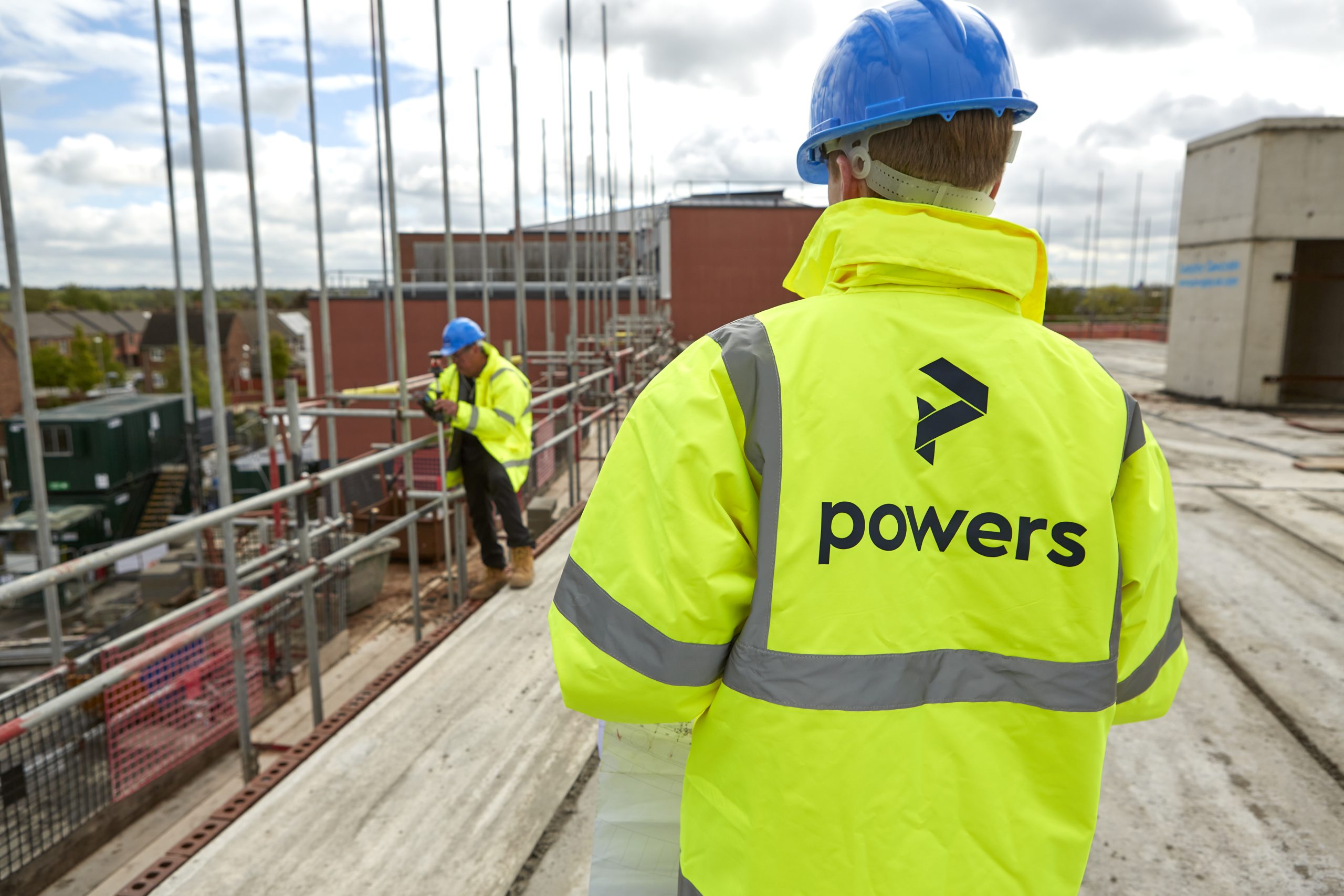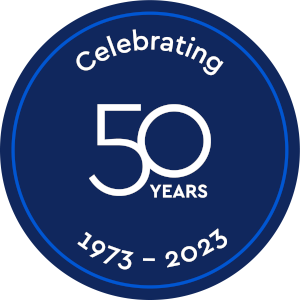What are the first principles of surveying?
Accuracy and precision
Geospatial and land surveying requires precise and accurate measurements to ensure reliable results. Surveyors must adhere to strict standards and use appropriate instruments and techniques to achieve accurate measurements. However, this on its own is not enough. While the equipment can provide accurate data, it is the experience and expertise of the surveyor, which will enable them to understand the data and translate what it means in reality.
Not only does survey data need to be accurate, but it also needs to be precise. Precision refers to the level of detail and exactness within the measurements. Surveyors must strive for high precision to minimise errors and uncertainties. This is true with regards to all surveying, but particularly true during the setting out process, where precision is paramount, and positioning must be accurate to within less than a millimetre.
When considering accuracy levels, the surveyor must always consider accuracy levels that are fit for purpose for the site, for example, an accuracy level of +/- 10% may be acceptable on a tarmacked car park but would be inappropriate for the net internal area of a building where accuracy levels of +/- 1% would be more reasonable.
Reliability and integrity
It is important that the quality of the survey data provided is consistent and reliable. The data provided to the client is often then used by multiple contractors throughout a project. Setting reliable control grids that all contactors can work from ensures that everyone is following and using the same base information.
The integrity of the data is also vital and a surveyor needs to be able to demonstrate that their measurements and findings are unbiased and free from any conflicts of interest. This is essential when it comes to cases of boundary disputes, where a surveyor’s findings might be used in a court of law.
Professionalism and continuous development
Surveyors are often brought onto a project during its very early stages. There can frequently be challenges and sensitivities around a project, so it is important that they are able to be professional and ethical, maintaining confidentiality where necessary and providing accurate and unbiased information to their clients.
While surveying is currently an unregulated profession, slowly there are more qualifications and certifications becoming available that demonstrate levels of competence. However, it is also a profession that is constantly evolving, with new technologies and techniques constantly emerging. Surveyors must adopt a lifelong learning approach to stay updated with the latest advancements and best practices in the field.
Safety
Surveyors must prioritise safety in their work, taking necessary precautions to protect themselves and others from potential hazards when out on site. Often lone-working, and invariably having to contend with various challenges, it is important that they carry out risk assessments before starting a job, and that they have the necessary procedures in place to mitigate these risks.
Powers has been established for 50 years and over that time the business has developed a reputation for high quality surveys and customer service. The first principles of surveying are at the very heart of everything that the company does.
Visit the website to find out more: www.powersuk.com








